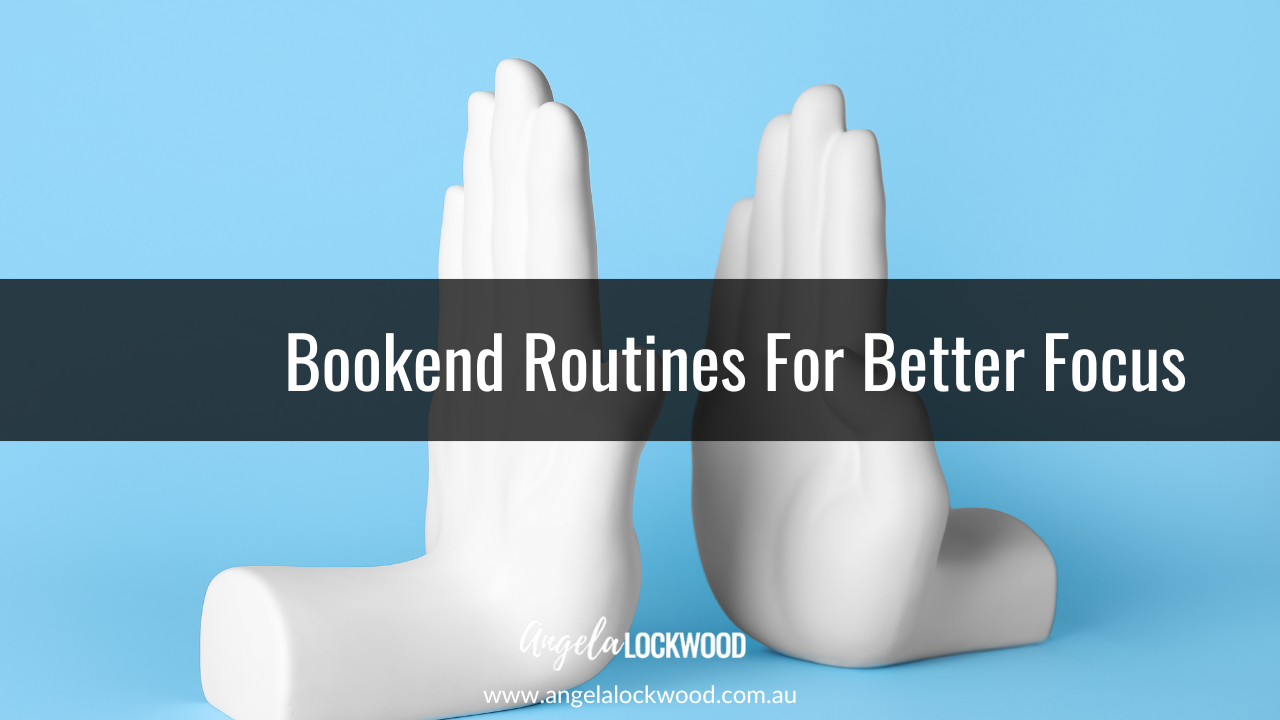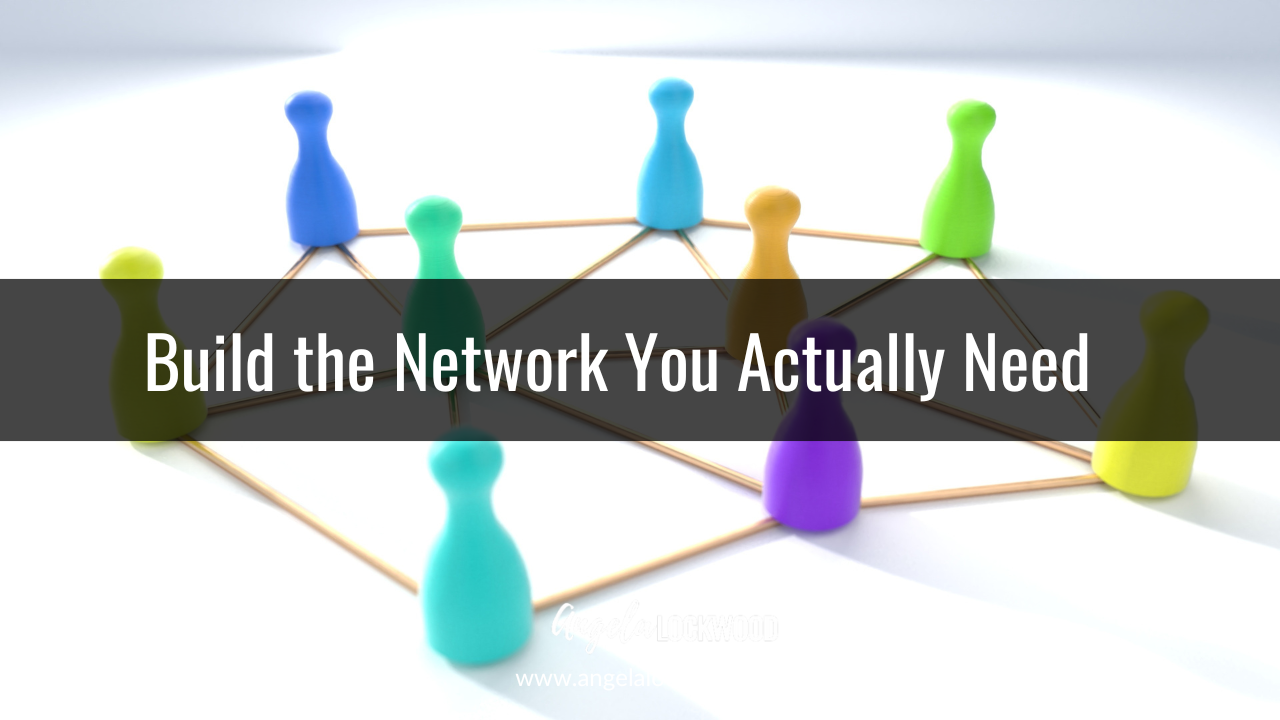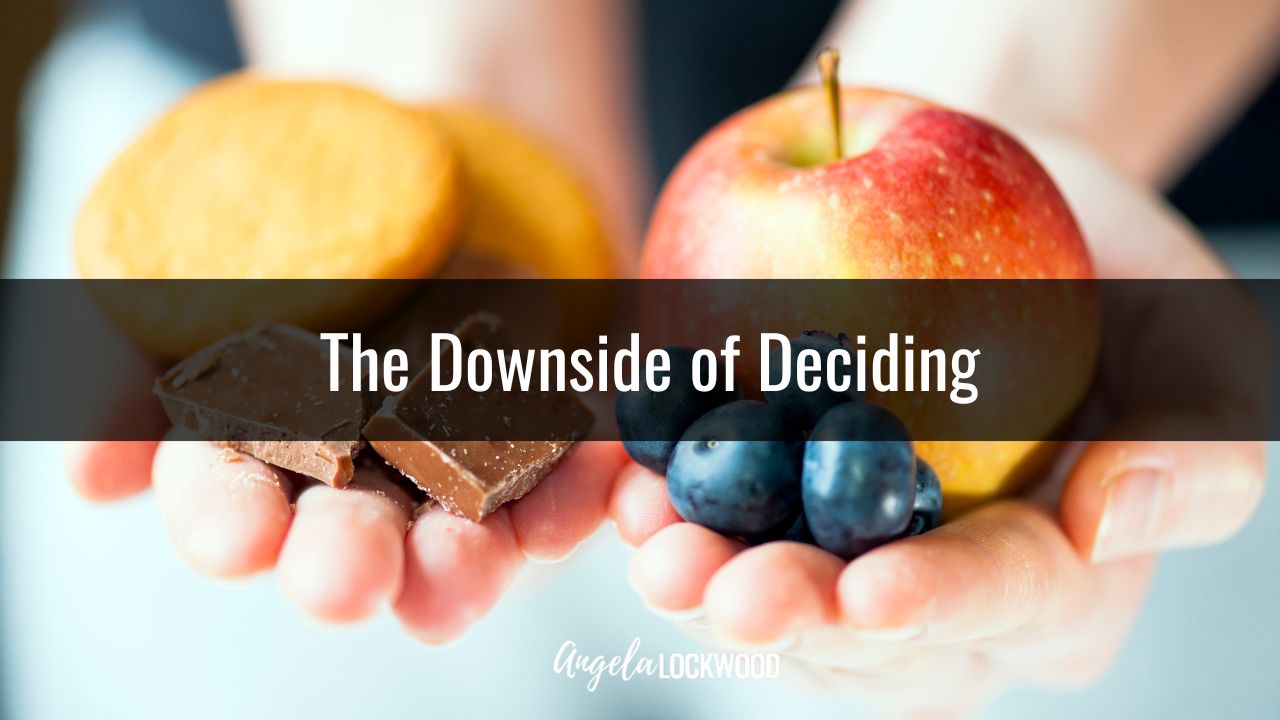Building trust with your child around device use
Jul 18, 2022
School is back for all of us here in Australia and for many parents this is a moment of joyous excitement. For me I love the school holiday break it gives me an opportunity to press pause on the hectic running around that occurs during the school term, but it is always a juggle to mix work, fun times, rest and keeping family life ticking over.
One of the themes that I noticed came up in many conversations I had these holidays was the parent frustration in hope much their child wanted to be on their devices. By devices this encompassed, iPads, phones, television, computers, gaming devices like X-Box and whatever else they can cleverly connect to the internet on. I found myself even getting extremely frustrated when the sun was shining outside, and I would walk in and see both of my kids scrolling on their devices. I could feel the tightness in my chest the moment I saw them. What I saw was the time wasting and the waste of a beautiful day outside. So many of my recent parent conversations both personally and professionally were around how to minimise the amount of time our kids are on devices and alongside this minimise the extreme frustration we feel as parents.
I recently interviewed Dr Kristy Goodwin one of Australia's leading digital well-being and productivity speakers and authors and she provided really important insights into the lure of devices and how we as adults need to be in the driver’s seat when it comes to how our kids navigate the digital world. You can listen to episode #38 of A Kid's Life podcast "Raising Kids in a Digital World".
There are so many resources available to parents on how to best support kids to build positive habits around their device use and googling the topic renders 13,100,000 results in 0.46 seconds. So, there is plenty of information out there but how do we as parents start to build trust with our kids to help them find the balance of to build positive digital habits without constantly being on their case?
- Realise and accept. Kids are growing up in a very different world to when we were young (er). This is a tricky realisation but important, nonetheless. Take a moment to think about all the aspects of your life where connected devices are present. It is nearly impossible to not reach for a device for you to complete a task. I even found myself during the holidays in the garden and I walked inside to get my phone to use an app that helps me to identify the bug that is eating my tomatoes. Over the holidays my kids were receiving notifications about sessions for them to complete for their sport, we paid for movie tickets online and they messaged their friends to catch up. Despite our desire as parents to have our kids less on devices our society is making us reliant on them. I am currently reading a brilliant book "Stolen Focus. Why we can't pay attention" by Johann Hari and it is shedding light on how a constantly switched-on society is collapsing our ability to pay attention. A fascinating read.
- Lead by example. I say this often, our kids may not seem to be listening to us, but they are always watching us and when it comes to our relationship with devices, our kids are watching us. I have been a witness many times where a parent (this also happens in my household) frustrated by their child being on their device and telling them (sometimes yelling) to turn them off all while the parent is holding a phone in their hand and returns to scrolling immediately after telling the child to switch off their device. Telling a child, they cannot be on devices before bedtime or not being allowed to have it in their room and then seeing a parent sitting in their bed watching a movie on a device is confusing for a child. Being aware of our device use as a parent is an important step in building a trusting relationship with our child as they see we are walking our talk.
- Become educated with your child. If you are not working in the tech world, the new device driven world can feel really overwhelming. It is the first time in history where it can feel like a 3-year-old has more knowledge on a topic than we do. How many times do we hand over a tech problem to our kids? Just like any area of parenting like helping our kids make friends, being safe, manners, homework and what they eat, as parents we set and create boundaries that fit into our value system based on what we know, what we believe and what we learn. Device use should be no different. We know there is no parenting manual so when we are unsure about how to navigate something we reach out to our support networks, we talk to other parents, we read and we attend workshops, we seek help and support. How to help our kids be digitally healthy the same actions need to apply, with a slight difference. If kids are more digitally aware than us, then this gives us an ideal platform to learn alongside our kids. Ask them to teach you what they are playing and play with them, visit a tech store, and learn with them about the latest tech, talk to them about what they are watching, watch it with them (although so much of what they watch baffles me!) and share with them things you think they might be interested in based on their interests. When we do this, we build a positive trusting relationship with our kids and through this you can learn, understand and engage in what they are reading and watching.
Just like any area of parenting you are in the driver’s seat and building a trusting relationship with your child will ensure you know when to step back and give a little freedom and when to step in have the conversations that are vital to their development and safety.
For more information go to the eSafety Commissioner website for up to date and other helpful ways to better support your child online. They even have information on how to support kids under 5.
We are all learning and navigating this online and device driven world together, parents and kids. Building a trusting relationship is the important first step in helping our kids develop positive digital habits.
![]()






